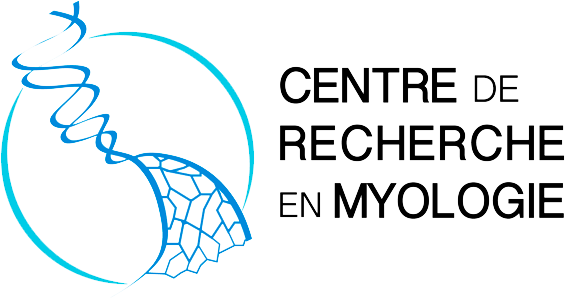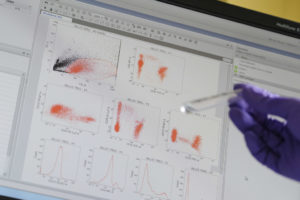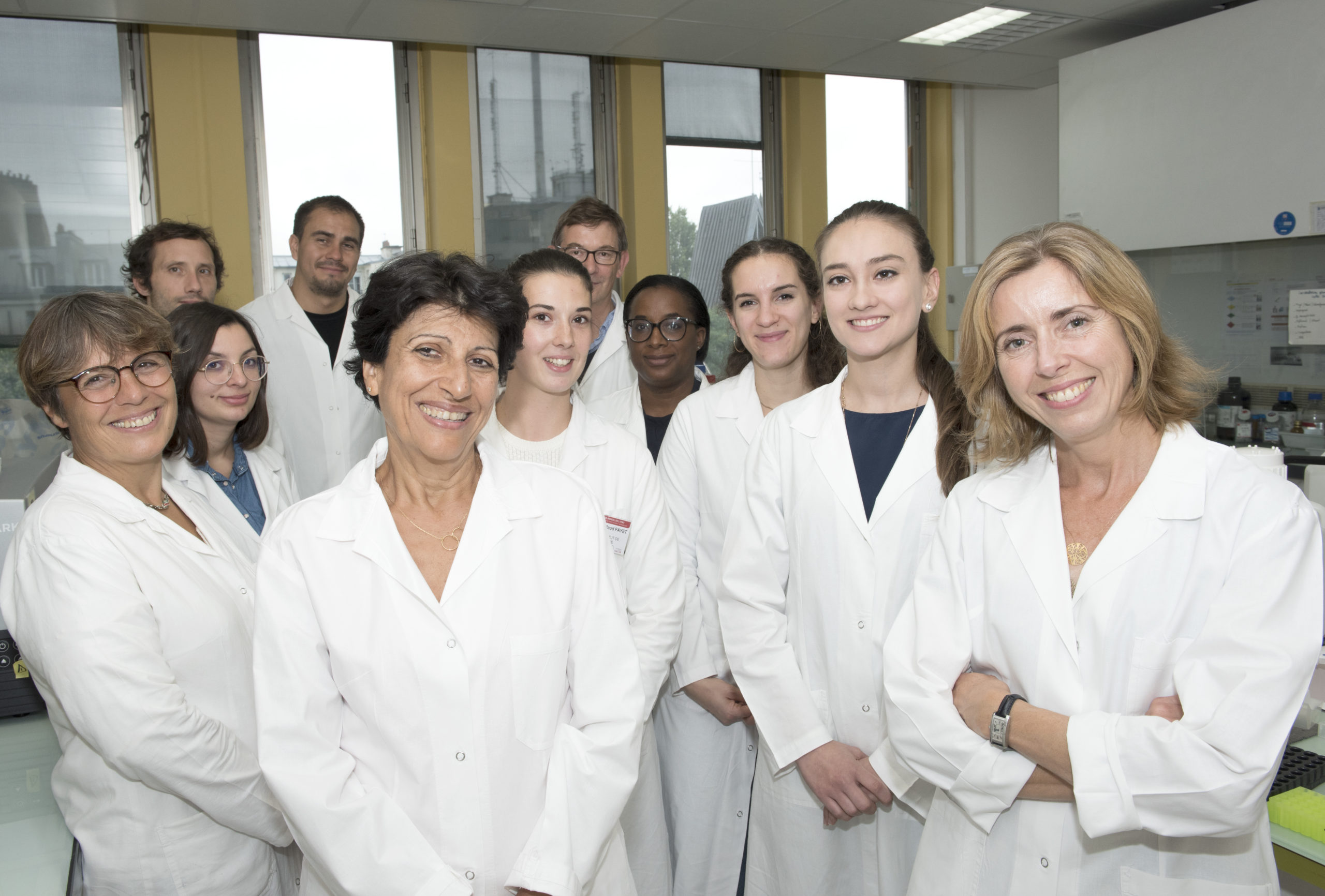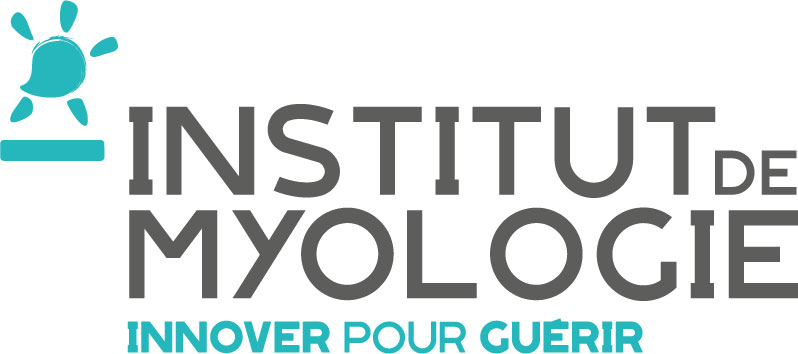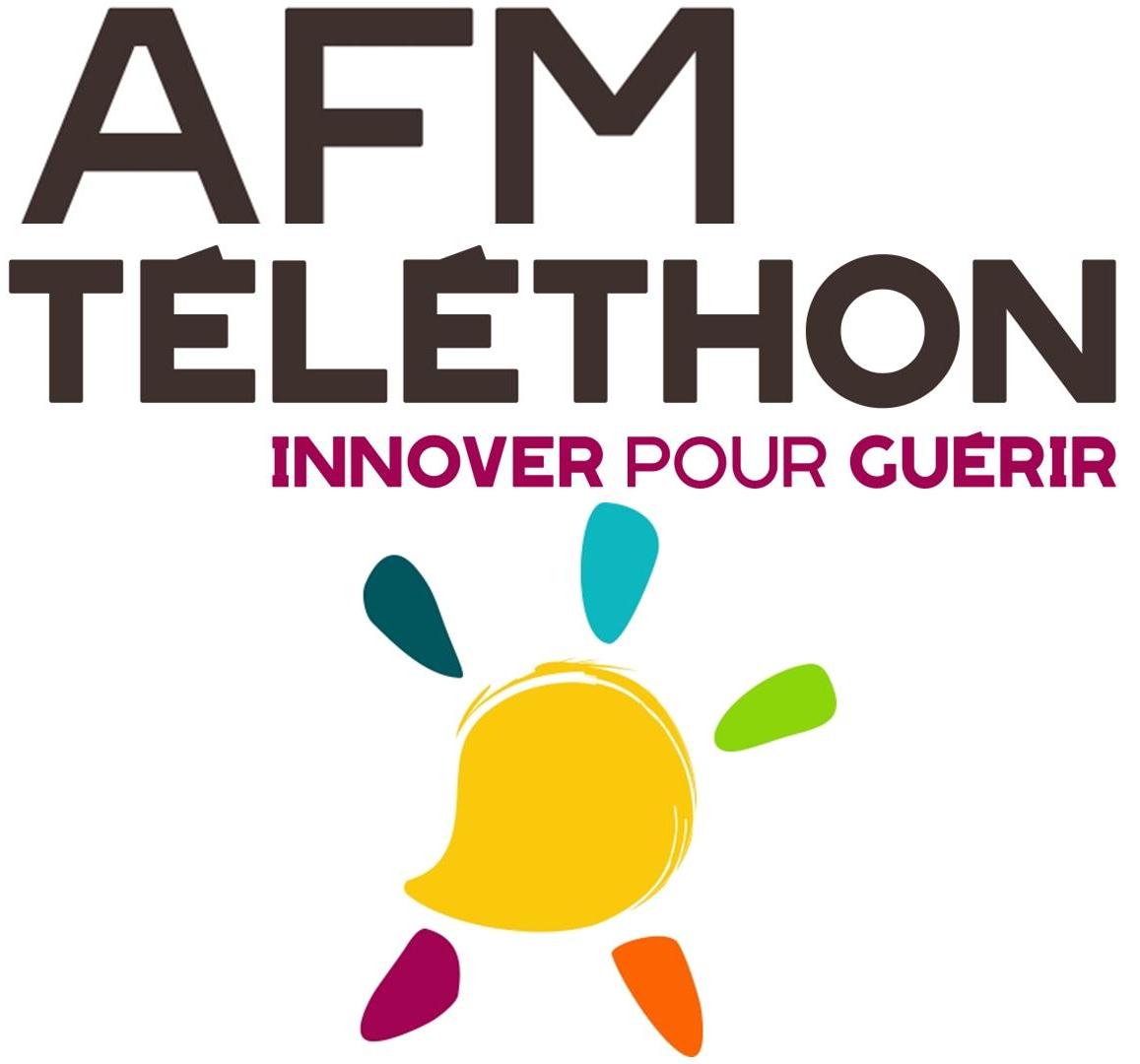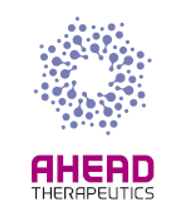Myasthenia Gravis: etiology, pathophysiological & therapeutic approaches
Myasthenia gravis is an autoimmune diseases; diseases that affect more than 5% of the population. These are multifactorial diseases involving genetic predispositions, hormonal implication, dysfunctions of the immune system, and are triggered by unidentified factors. Myasthenia gravis is due to autoantibodies directed against components of the neuromuscular junction, mainly the acetylcholine receptor (AChR, 85% of cases) but sometimes also against the muscle-specific tyrosine kinase receptor (MuSK) or the LRP4 protein interacting with agrin. These autoantibodies reduce the efficiency of neuromuscular transmission and lead to abnormal muscle fatigability.
The thymus is most likely the site of initiation of myasthenia gravis with anti-AChR antibodies. Histological abnormalities of the thymus are very common: 50-60% of the patients present follicular hyperplasia with ectopic germinal centers, and 10-15% of the patient present a tumor of the thymus (Thymoma). Thymectomy is one of the treatments proposed to these patients.
The research projects developed by the team aim to understand the etiological and pathophysiological mechanisms involved in myasthenia gravis and to propose new therapeutic approaches. More specifically, our objectives are to:
- Elucidate the etiological mechanisms involved in autoimmunity by analyzing the impact of sex hormones and endocrine disruptors in central tolerance processes.
- Understand the cellular and molecular mechanisms at the origin of thymus inflammation and remodeling observed in patients.
- Study the immunoregulatory defects in myasthenia gravis patients by studying the functional phenotype of peripheral and thymic cells by mass cytometry (CyTOF).
- Develop new therapeutic approaches. In this context, we are studying the immunomodulatory and therapeutic potential of mesenchymal stem cells, and the potential of molecules interfering with inflammatory pathways.
- Search for circulating biomarkers to follow the evolution of the disease and the response to treatments.
| Name | Position | ORCID |
|---|
- R. Lepanse, V. Mitev, C. Lebreton, B. Coulomb. Modulation of Epidermal Growth Factor and Keratinocyte Growth Factor Effects on Human Keratinocyte Growth by Protein Kinase C Inhibitor, GF 109203X: Comparison to Fibroblast Growth Modulation. Biochemical and Biophysical Research Communications, 1994, 204 (3), pp.1081-1087. ⟨10.1006/bbrc.1994.2573⟩. ⟨hal-03442100⟩
- J.-T. Vilquin, S. Braun, P. Labouret, G. Zuber, C. Tranchant, et al.. Specific effect of corticoids on acetylcholine receptor expression in rat skeletal muscle cell cultures. Journal of Neuroscience Research, 1992, 31 (2), pp.285-293. ⟨10.1002/jnr.490310209⟩. ⟨hal-03824136⟩
- Serge Braun, Christine Tranchant, Jean-Thomas Vilquin, Pascale Labouret, Jean-Marie Warter, et al.. Stimulating effects of prednisolone on acetylcholine receptor expression and myogenesis in primary culture of newborn rat muscle cells. Journal of the Neurological Sciences, 1989, 92 (2-3), pp.119-131. ⟨10.1016/0022-510x(89)90130-5⟩. ⟨hal-03824139⟩
